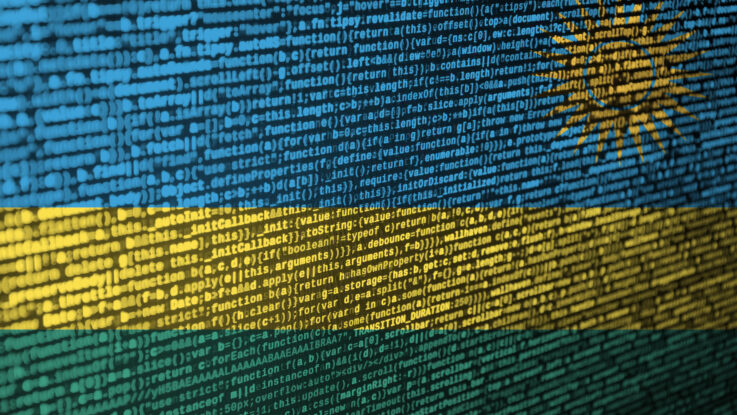
Data protection and privacy laws can enable legal safety for citizens’ personal information, prevent unauthorized use of personal data, and establish accountability for organizations that handle sensitive information.
Therefore, on Oct. 15, 2021, the Rwandan government enacted a personal data and privacy protection law. This law applies to individuals and established institutions within or outside Rwanda that process the personal data of individuals living in Rwanda. One of the law’s primary goals is to grant individuals the authority to control their personal information. Another goal is to support the reliable and protected movement of data within Rwanda and across its borders.
Some of the law’s key provisions are:
Consequences of Noncompliance
The Rwandan government gave a two-year transition period to allow individuals and organizations to align their data processing activities with the law. This transition period will end on Oct. 15, 2023.
If an individual or organization fails to register and comply with this law by the deadline, the NCSA is authorized to enforce the following sanctions:
Impact on Rwandans and Africa
This law makes Rwanda the 35th African country to have a data policy law and the 30th to have a data protection authority to enforce it.
The law is expected to help boost consumer confidence in Rwanda. When people trust that their data is handled responsibly, they are more likely to engage with online services and share their information. This drives economic growth and innovation in the country.
Furthermore, stringent data privacy laws can facilitate international trade and data sharing. This is because countries with robust data protection laws are often deemed safe for cross-border data transfers, a requirement in today’s globalized economy.
Above all, Rwanda’s appointment of a data protection authority, NCSA, to oversee and enforce its data privacy and protection law is projected to help reduce the frequency and impact of data breaches in the country. Hopefully, this law also makes Rwanda a positive example for other African nations to adopt similar regulations and enhance data protection within their borders.